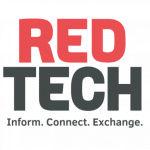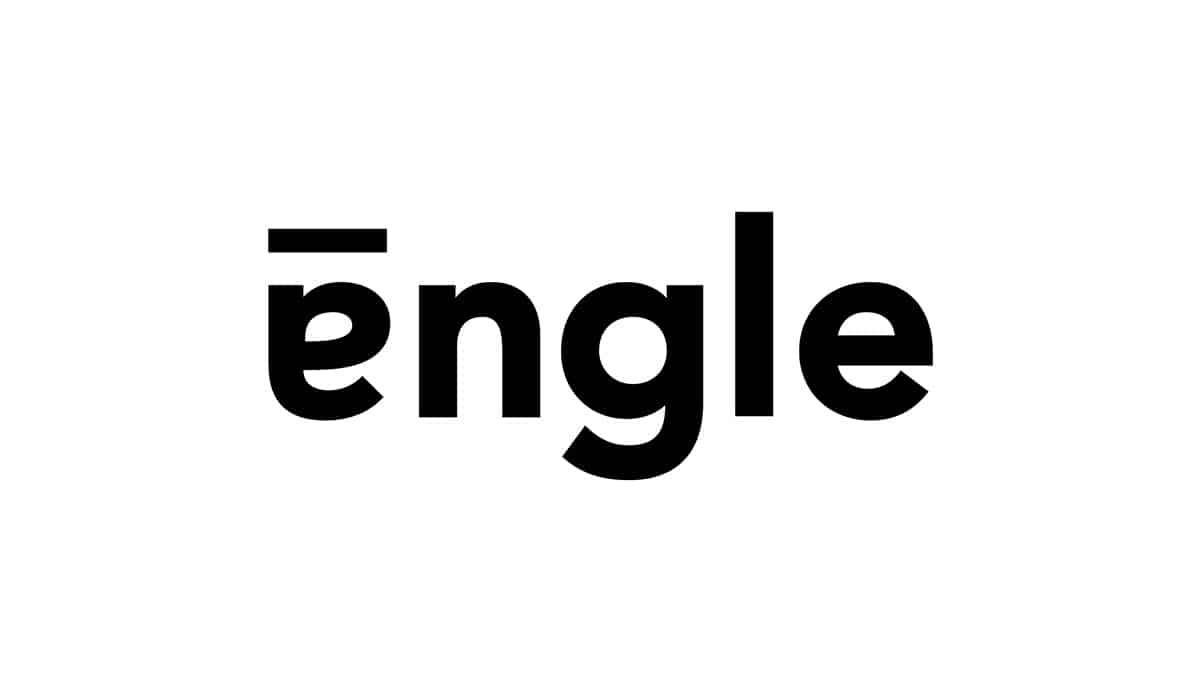Founded in 2018, Paris-based Engle describes itself as an entertainment and cultural studio focused on audio-on-demand content and premium podcasts. The company develops, produces and distributes original multi-language material. It produces the original scripted docu-series “Initials S.G.” for Spotify Exclusive, “The Race” for Sybel Exclusive, and it distributes its own productions such as “The Undersiders” (listened to in some 90 countries) and “Gurus.”
RedTech: Engle is a young podcast production studio with an already rich catalog. How do you position Engle in the podcast market today?
François Cusset: Our mission has not changed since the studio launched in 2018, namely based on international positioning while developing strong brands. Engle strives to offer quality podcasts both in terms of content and production.
RedTech: Many of your podcasts are exported and produced in multiple languages, what is your objective on the international scene?
Cusset: Digital audio allows us to be heard all over the world. Why deprive ourselves of this!
Nearly a third of our scripted productions have been adapted into a language other than French.
Our “modus operandi” allows us to scale our productions to other regions while controlling costs. In addition, we can add a technological infrastructure that allows us to monetize these productions in these same areas. The next logical step is to open local offices for the sourcing of new talent and strong stories, but also for logistical support on the sales and marketing side.
RedTech: You offer branded podcasts and native podcasts, how does this work? Does it allow you the same freedom?
Cusset: Everything starts from the written word in both cases, and from an idea that is approached from a certain perspective. From this spark, we organize teams to work on the entire process of creation, development and production. Of course, a branded podcast inevitably includes constraints related to a global strategy or a budget, for example. But it’s sometimes in these tighter spaces that we can be more efficient and precise.
RedTech: One of your current projects consists of recording the podcast in the United States but producing it in France. Can you tell us about this?
Jérôme Alquier: Engle is a studio with an international vocation. In our logic of development, and before setting up in several markets including the U.S., we listen to projects developed there to better understand the market and distribution dynamics. We have a network of friends, talent and skills there that offer us opportunities to capture ideas that sometimes lead to production.
We don’t necessarily believe what we produce has to be in-phase with present market demand.
Our podcast “Deep Cuts Lost & Found” was born from this ecosystem. Hosted by six presenters, including Thomas Golubić and Chris Nashawaty, it uncovers “B side” music titles that have passed under the radar of radio and the media. Each episode provides a subjective, personal view of these tracks. Thus, we don’t necessarily believe what we produce has to be in-phase with present market demand. Engle creates both, in-phase and out-of-phase content.
RedTech: What tech are you using and how do you prepare for such a production?
Alquier: Our process consists of having the hosts record the program once a week in the United States. We then produce the program in Paris at Engle using the audio recordings.
To prepare for recording, we had to take into account the environment and skills of all six hosts. None of them live in the same city or have the same experience with audio recording and editing. After studying each person’s setup, with the help of Engle’s sound engineers and technical director, we chose the simplest solution for them and for us.
This consists of three recording systems (GarageBand, Ableton Live and Rødecaster Pro) along with Zoom, which serves as a guide for us to synchronize the separate tracks. They also use Røde NT-USB mics and beyerdynamic DT 770 PRO or Audio-Technica ATH-M50X headphones. We also created a guide for them, a Deep Cuts recording process book, a step-by-step guide from unpacking the mic to exporting to a shared drive. Finally, we have, with each presenter and all together, made several tests, live, during Zoom sessions, to adjust the last details.
Perfect sound doesn’t mean much, and opinions differ as much as on the color of socks. Here, in this case, a median quality acceptable for our standards is satisfactory. It’s an “indie” program that shouldn’t be too produced in the sound, nor too smooth. It should sound as natural as possible, even a little “dirty,” why not.
RedTech: How do you choose a subject so that the project has the best chance of succeeding abroad? Does the experience of “The Undersiders” play a role?
Cusset: We are convinced that unique stories and strong narratives cross borders, as we have proven with “The Undersiders,” heard in 90+ countries, or our docu-series “Supporters” for Audible, currently being adapted for Germany. It’s all about the right sourcing and development of these stories. The intuition of the teams, the zeitgeist and also the use of data allow us to gauge the relevance of projects.

